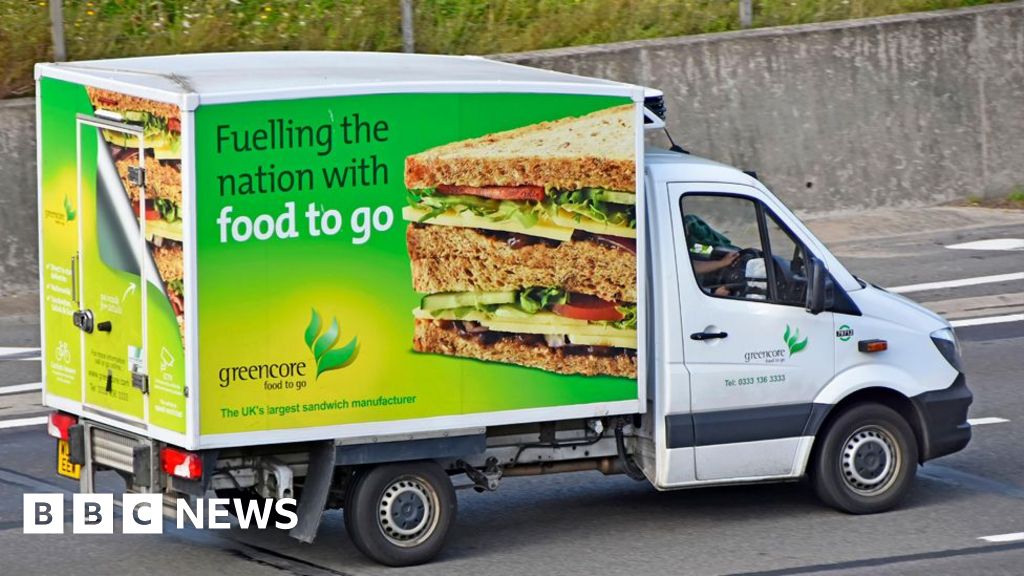Why would anyone buy prepacked sandwiches anyway? They’re expensive and you obviously never know what you get.
What’s the issue with buying some bread and preparing some at home? Cheaper, healthier and really doesn’t cost much time at all. Plus, this doesn’t use as much plastic.
As you already implied: when you’re not at home but travelling.
Meal deals are a British staple. Many office workers will grab a sandwich, a snack, and a drink during a lunch break. That’s probably why this has made the news here, because if you wanted to poison the most people at the same time this is probably the best way.
I am betting one million internet points that there will be some field with salad, bamboo shoots or similiar produce were they used sewage or manure to fertilize and then didn’t keep the minimum time till harvest and the processing plant didn’t wash them properly before putting them in the sandwiches.
This is the most common way of getting fecal E.coli bacteria outbreaks. Given the amount of people infected it is rather unlikely that it comes from a single employee not washing hands after shitting.
Either way this screams lack of proper hygiene inspections.
I’ve been in the facilities where they make these. Had to wash my hands like 5 times at separate stations before being allowed on the floor.
Turns out that the “green” in Greencore wasn’t about sustainability but rather the color your face turns an hour after eating one of their literal shit sandwiches!
This is the best summary I could come up with:
Food manufacturers are recalling at least 60 types of pre-packed sandwiches, wraps and salads sold in major supermarkets because of possible contamination with E. coli.
It is understood these are items containing salad leaves.Retailers involved include Aldi, Asda, Co-op and Morrisons.Some 211 people across the UK are known to be affected by E. coli currently - up from 113 last week.
Experts had previously said a continuing outbreak of E. coli was linked to food that was widely and readily available - but had not pinned down specific items.One of the suppliers involved, Greencore Group, has recalled 45 different products, external so far.These include an Aldi chicken fajita triple wrap, Asda smoky beans and cheddar cheese wrap, Boots chicken salad sandwich, Sainsbury’s Greek style wrap, Co-op ham and cheese wrap, Morrisons gluten-free sandwich platter and an Amazon prawn layered salad.Manufacturer Samworth Brothers Manton Wood has recalled 15 products., externalThese include a Tesco chicken salad sandwich, Tesco tuna crunch sub and Tesco spicy bean wrap.A third manufacturer is expected to announce a recall as soon as Saturday.Darren Whitby, head of incidents at the Food Standards Agency, said: “This is a complex investigation, and we have worked swiftly with the relevant businesses and the local authorities concerned to narrow down the wide range of foods consumed to a small number of salad leaf products that have been used in sandwiches and wraps.
"Andrew Opie, at the British Retail Consortium, said: "Retailers affected are taking swift action to remove these products from sale and are working closely with the Food Standards Agency to take any further action needed to minimise risk to their customers."E.
E. coli are a diverse group of bacteria that normally live in human and animal intestines.Some types are harmless but others can make people seriously ill.Tests have shown that the type in this outbreak is called E.coli STEC O145.It produces a Shiga toxin - which can attack the lining of the gut.Symptoms can include diarrhoea that can be bloody, stomach cramps, fever and vomiting.It usually takes a few days from being infected for symptoms to show.Most people recover well, but some - such as young children or people with underlying health conditions - can become very unwell.
There are things people can do to reduce the risk of infection.Regularly wash your hands with warm water and soap — alcohol gels do not kill all bugs that cause diarrhoeal illness.Wash fruit and vegetables and cook food to the temperatures suggested.If you have symptoms, you should not prepare food for others and should avoid visiting people in hospitals or care homes.People should not return to work, school or nursery until 48 hours after symptoms have stopped.
The original article contains 594 words, the summary contains 445 words. Saved 25%. I’m a bot and I’m open source!



